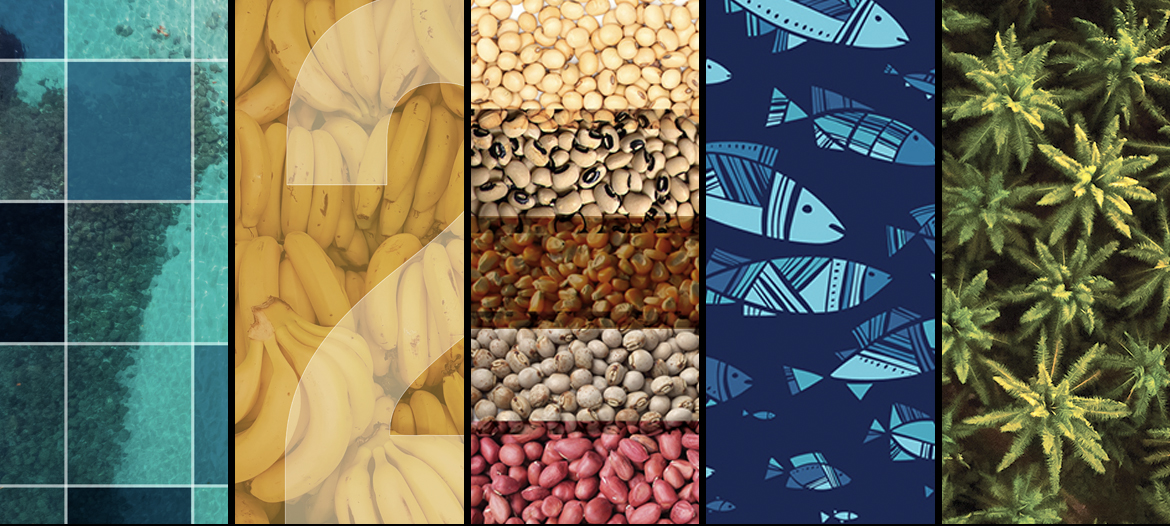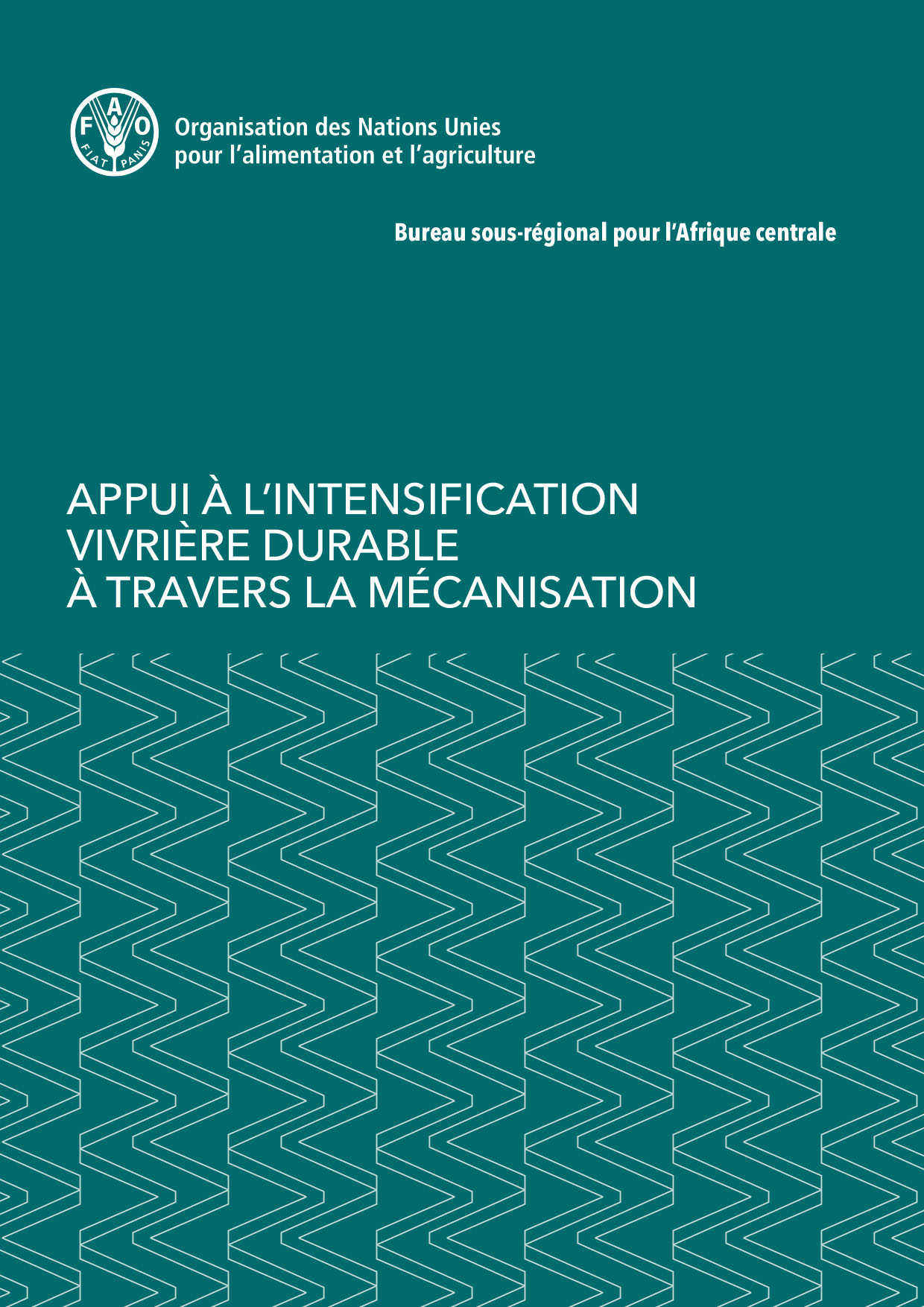Food and Agriculture Organization of the United Nations (FAO), 2018




Context
Gabon, despite its vast agricultural potential, currently only produces 43% of its population’s food needs, leading to a heavy reliance on imports. The key challenges impeding the growth of Gabonese agriculture include an aging rural population, the migration of young people to urban centers, insufficient cultivated land, high labor costs, low productivity, and inadequate mechanization. These issues have led to low competitiveness of local agricultural products compared to imports.
Efforts to improve agricultural mechanization in Gabon have yielded mixed results due to fragmented approaches and a lack of coordination between governmental and private sector entities. Consequently, the Gabonese government recognized the need for a coherent and sustainable strategy to enhance agricultural productivity and ensure food security.
Objectives
The National Agricultural Mechanization Strategy (SNMAG) was developed to address these challenges and was aligned with Gabon’s broader Emerging Gabon Strategic Plan (PSGE), which emphasizes agricultural development. The key objectives of SNMAG include:
- Increasing the productivity of the shrinking agricultural labor force.
- Implementing agricultural mechanization along the entire value chain, from animal production to crop management and post-harvest activities.
- Encouraging the use of clean and renewable energy sources to support sustainable agricultural practices.
Solution
To develop the SNMAG, the FAO (Food and Agriculture Organization) guided the strategy using a participatory approach. Two main phases shaped its formulation:
- Assessment Phase: Analyzing the current state of agricultural mechanization in Gabon.
- Strategy Development: Designing the national strategy based on real-world lessons learned from demonstration plots in Lébamba.
The strategy focused on enhancing mechanization throughout the agricultural value chain. It incorporated several guiding principles such as public-private partnerships, economic viability, and sustainable agriculture practices. Specific projects were designed to increase access to agricultural equipment, improve the institutional framework for mechanization, and strengthen the capacities of agricultural stakeholders.
SNMAG included three strategic axes:
- Supporting the intensification of agricultural equipment usage.
- Establishing an institutional framework for agricultural mechanization.
- Enhancing stakeholder capacity.
Results
- Investment Strategy: The strategy was supported by an investment of 18.885 billion CFA francs spread over a 10-year period (2017-2026). Funding was distributed among three programs, 14 projects, and 47 actions. Contributions were expected from the government, beneficiaries, and external donors.
- Pilot Regions: The strategy was initially implemented in regions with a rich agricultural history and previous experience with mechanization. Lessons from these pilot projects were intended to be scaled nationally.
- Stakeholder Engagement: Three key stakeholder groups were identified—farmers (demand side), equipment providers (supply side), and institutional support (government, NGOs, development partners). Each group’s constraints were addressed through tailored action plans.
- Public-Private Partnerships: The strategy placed significant emphasis on strengthening partnerships between public institutions and private enterprises, ensuring a collaborative approach to mechanization.
- Training and Capacity Building: Through various projects, the strategy aimed to strengthen the skills and knowledge of both farmers and service providers, ensuring a sustainable approach to mechanization that would boost productivity and employment.


